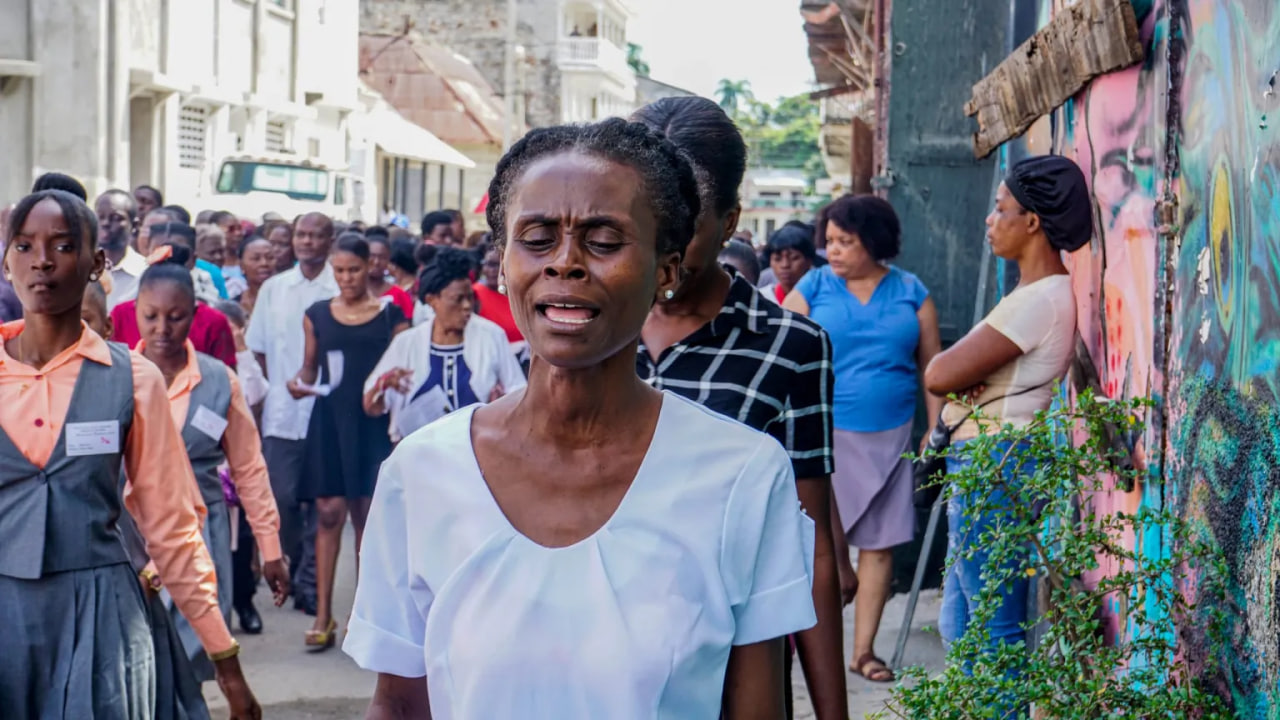Since 1264, Corpus Christi has been celebrated in honor of the Blessed Sacrament by Christians. Also known as the Feast of Corpus Christi, this Christian holiday was established in 1264 by Pope Urban IV, following a series of Eucharistic miracles that strengthened faith in the real presence of Christ in the Eucharist.
It is a holiday that is of great importance in the Catholic Church and is marked by various traditions and rituals around the world. Haiti also celebrates this holiday with its particularities.
In fact, one of the most notable events was the miracle of Bolsena in 1263, where drops of blood were seen on the consecrated host. In response to these events, Pope Urban IV issued the bull “Transiturus de hoc mundo”, establishing Corpus Christi as a universal celebration.
In Europe for example, this festival is celebrated with particular traditions and customs.
In Spain, Toledo celebrates Corpus Christi with a massive procession that runs through the streets, with the participation of thousands of people, richly decorated floats, and the monstrance, a monstrance containing the consecrated host, carried in triumph.
Corpus Christi is one of the most important religious holidays in Poland. The streets are decorated with floral decorations, and the faithful take part in processions through towns and villages, accompanied by songs and prayers.
In Italy, a highly Christian country where the miracle of Bolsena took place, a solemn procession is organized each year, recalling the origin of the festival, in Orvieto.
On the American continent, diversity is also present in the celebration of this religious holiday.
In Brazil, the town of Ouro Preto is famous for its carpets of flowers and colored sawdust, created for the procession. Parishioners spend hours preparing these ephemeral works of art to honor the Blessed Sacrament.
In Haiti, Corpus Christi celebrations are marked by solemn processions, special masses and community gatherings. The streets are often decorated, and worshipers follow the procession, singing hymns and praying together. It is a moment of great piety and social cohesion, reflecting the deep influence of the Catholic faith in the country.
Also, in Haiti, Corpus Christi has been a public holiday since French colonial times. In 1862, the Haitian government officially recognized Corpus Christi as a public holiday, in recognition of the spiritual and cultural importance of this celebration for part of the population.
Although Corpus Christi is a specifically Catholic holiday, it has resonances in other Christian denominations which also revere the mystery of the Eucharist. Orthodox Churches, for example, celebrate the real presence of Christ in the Eucharist but do not celebrate Corpus Christi in the same way as Catholics.
Corpus Christi is a celebration rich in spiritual and cultural meanings, honoring the Body and Blood of Christ in the Eucharist. Throughout the world, this celebration is marked by varied traditions which testify to the diversity of expressions of faith. In Haiti, it is not only a day of religious devotion but also a symbol of historical and cultural heritage for part of the population.
Combined sources









